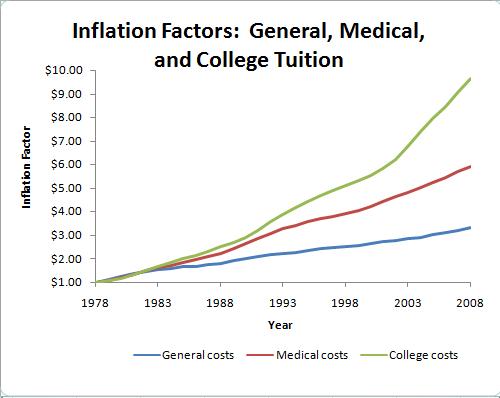1. I never said anything about increasing revenue as a goal. Revenue should have nothing to do with it. However, I also don't see how "providing a level playing field" to the detriment of the system as a whole is also a remotely high goal. The goal is to provide quality education to as many people as possible, not to make up for poor individual decisions or past institutional mistakes. It is an educational system, not a reparation. We don't provide free college education to everyone who wants one; and, based on our high school results, its probably a very good thing that we don't.
2. If you finished reading the words right after those you quoted (and which you conveniently deleted), you will see that I said people who make more money face "the same economic issues with respect to that education as those in generational poverty". If you can't pay for it, then you can't pay for it, regardless of whether someone else who makes less money than you can't pay for it either.
3. I'm not shifting generational need to generational merit, I'm saying that nothing generational should come into play at all. If you can't pay for it right now then you should be treated exactly the same as everyone else who can't pay for it right now. It should have absolutely nothing to do with generational anything.

